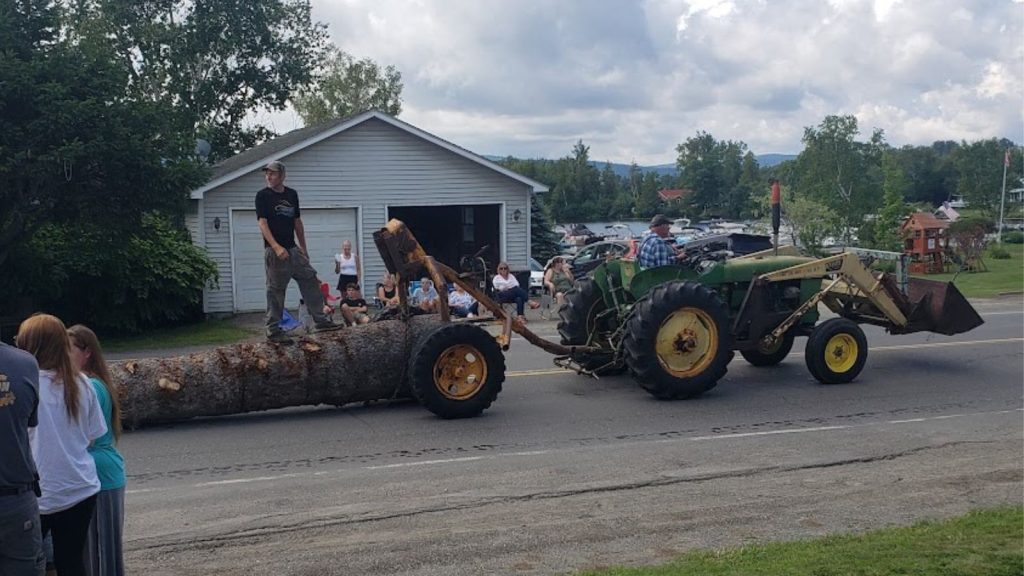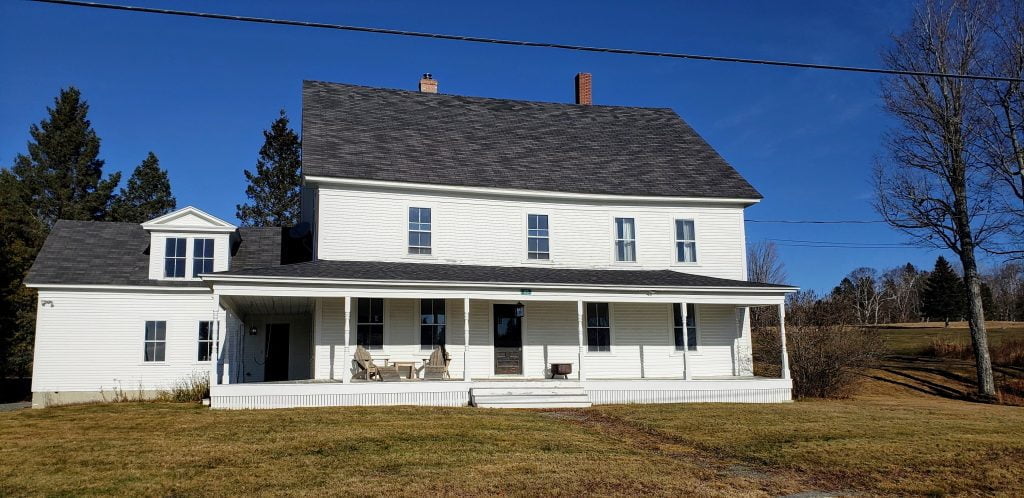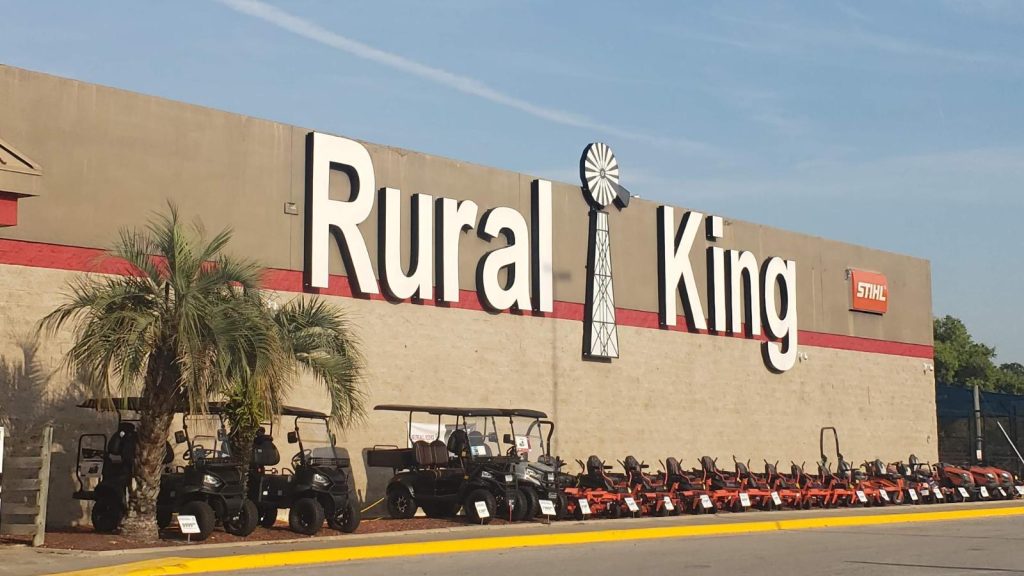Do you think you can survive living in a rural area for a year? Do you know what type of rural skills you may need to survive and live well in a rural area? This post is for you with the skills you may need to help you survive living far apart from any city.
The Top 10 Rural Skills
1. CPR/First Aid
Most rural areas don’t have quick access to medical care. A hospital could be hours away from your new rural area home. What if you or someone in your family has a heart attack? Are you able to perform CPR? Do you have an AED available?
You could take a virtual course available through the Heart.org website. Of course, you will need good internet access and a smartphone to take the final test.
This valuable rural skill, combined with the right tools, could save a loved one’s life.
2. Gardening
Those who live in rural areas understand that their local grocery stores may not always have the freshest selection or the most variety. Cultivating your food provides a sense of independence and allows you to preserve harvests through canning, ensuring a secure food supply for the future.
When you grow your food, you know exactly what is going into it and can be sure of its quality. Not only that, it saves you a lot of money on food.
Gardening also allows you to connect with nature and enjoy the beauty of your surroundings. Fresh air and sunshine are great for both your body and mind. Country living may have its challenges, but it can also be rewarding if you have a few rural skills.
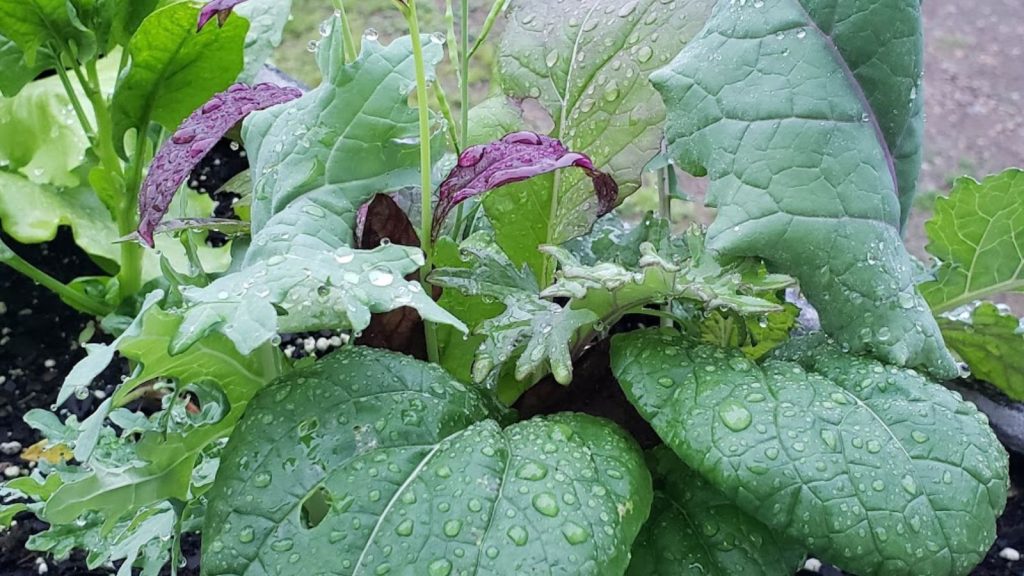
3. Hunting Rural Skills
If you live in a rural area, chances are you are aware of the local hunting regulations. However, if you are new to the area or considering living in a rural area, it is critical to understand the laws regarding hunting.
In most states, there are specific seasons for hunting animals, and it is critical to hunt within the specified times.
Additionally, many states have designated areas for hunting, so it is key to be aware of where you can and cannot hunt. By following these laws, you can ensure that you enjoy the sport of hunting while also respecting the rights of others.
4. Cooking
Many rural areas don’t have fast food restaurants for hours. There may be a few local restaurants nearby. However, you will want to be able to cook most of the time at home. This is why it is key to invest in cooking tools and find recipes online so you can make with ingredients that are available nearby.

Of course, you may also try subscribing to Hello Fresh to receive fresh food that’s delivered regularly. This way, you can always have access to fresh ingredients to cook with, even if there are no grocery stores nearby. In rural areas, it is good to be self-sufficient and know how to cook meals from scratch.
With planning and effort, you can ensure that you always have access to good food, even if there are no restaurants for miles around.
5. Cutting Wood
To stay warm in cold rural areas, you may need to cut wood, not only to remain warm but to save money on higher energy bills.
Not only that, if trees fall on your property or across your driveway, you won’t have to wait for help and can take care of the fallen trees yourself.
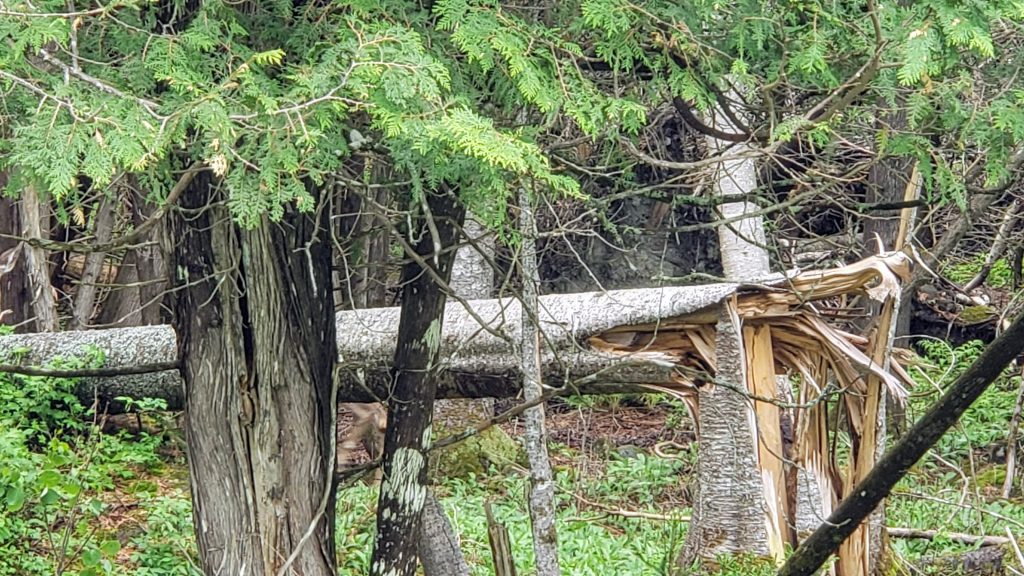
If you have a lot of wood cut, you could sell the wood and make yourself some money as well.
6. Lawn Care
Another aspect of rural living is the limited availability of lawn care workers due to a smaller population. Consequently, you may need a tractor or even an excavator to maintain your property.
Furthermore, rural areas often have limited access to resources and services compared to urban areas, presenting a considerable challenge for lawn maintenance.
For example, you may need to drive long distances to purchase supplies or hire professional services. However, rural living also has its advantages. For instance, you typically have more space and privacy.
In addition, you can often find lower-cost land and housing in rural areas. If you want to build a log cabin, it will require rural skills.
Ultimately, whether rural or urban living is right for you depends on your individual needs and preferences.
7. Snow Removal
Living in rural areas of the northern hemisphere often means dealing with significant snowfall. Maintaining access to your property during winter can be a challenging and time-consuming endeavor, especially without the proper tools and equipment.
You may need to up your rural skills for this colder rural area.
For navigating through deep snow, consider these options:
- Transportation Methods:
- Snowshoeing: This provides exercise while allowing movements in snowy conditions.
- Snowmobile: This can significantly ease travel in heavy snow.
No matter which method you choose, ensure you are prepared for the challenges of winter in a rural area.
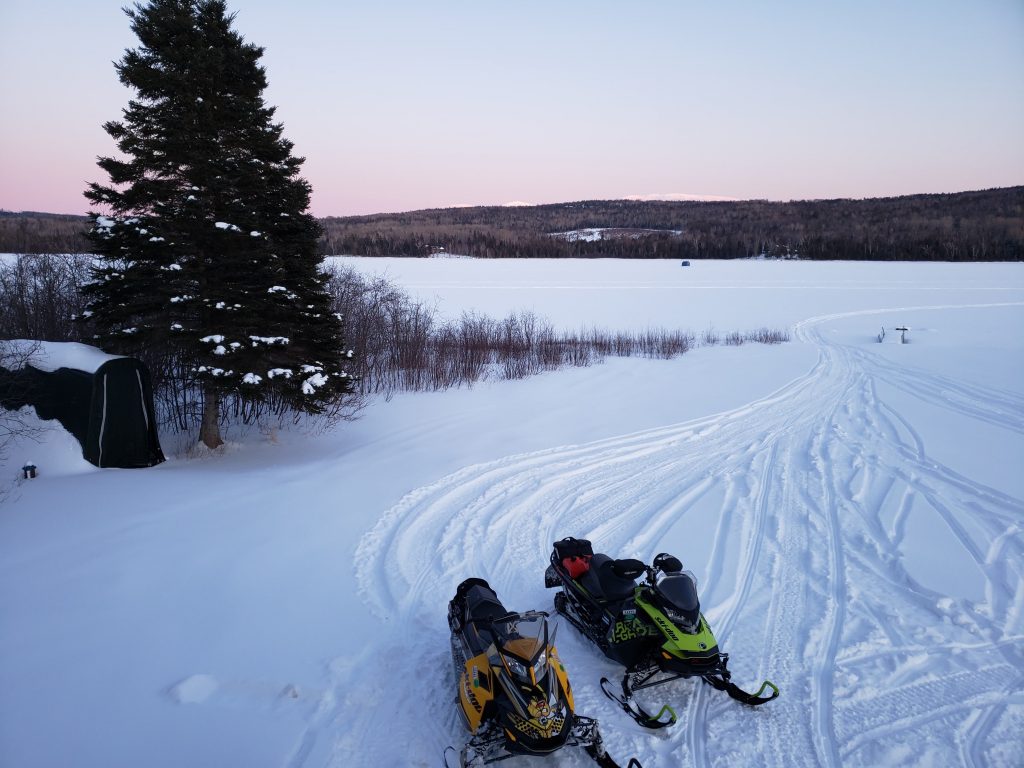
8. Spending Time Alone
One of the first things you’ll notice when you move to a rural area is that you will have a lot more time alone. If you’re not used to it, this can come as quite a shock. There are a few things you can do to make sure you don’t get too lonely.
First, ensure you have some hobbies that you enjoy. This way, you’ll always have something to keep you busy when you’re by yourself. You can also try to connect with your neighbors and build relationships with them.
In rural areas, everyone knows each other and looks out for each other, so you’ll never really be alone if you don’t want to be.
Second, you could develop some rural skills with your extra time living in the woods. Pick something you will enjoy so you can master the rural skill.
Finally, embrace the quiet and use it as an opportunity to relax and recharge. After a while, you might even start to enjoy the peace and quiet of living in a rural area!
9. Organized Shopping – Stocking Up
If you like to shop daily or weekly, you may want to reconsider moving to a rural area. Sometimes, you may have to travel hours to a big store like a Home Depot or an appliance store. Even a grocery store could be an hour or 2 hours away.
Therefore, meticulous planning and the creation of comprehensive lists of required items are essential. Additionally, online shopping may be utilized if reliable internet access is available.
Buying in bulk is another way to be sure you don’t run out of anything if you can’t drive far to a store. That includes all types of medicines and supplies.
10. Flexibility Living In A Rural Area
Yes, flexibility is a must-have skill in a rural area. Living in a rural area can be a great way to enjoy a slower pace of life and escape the hustle and bustle of a city. However, it’s important to be aware that rural living comes with its own set of challenges.
One of the key skills you’ll need to develop is flexibility. While you may be used to having everything you need within easy reach, in rural areas you may need to go out of your way to get necessities. This may mean driving to the nearest town for groceries or investing in some good cooking tools so you can prepare meals from scratch.
Whatever the case, being flexible and adaptable will go a long way toward making rural living work for you.
Conclusion: Rural Living Skills
Rural living skills can give a sense of control and peace in a world that often feels rushed. Knowing how to care for animals, grow food, or fix simple things offers clear rewards that don’t fade with time. These skills also build a strong link to nature and the people around you.
They help create a life that feels honest, stable, and whole. As you use and share what you know, you help your family and neighbors.
That’s how rural life keeps its value, even as the world changes.

